What is broken heart syndrome?

Broken heart syndrome is a short-term condition where some of your heart muscle weakens rapidly. This typically happens after a sudden physical or emotional stressor. When part of your heart isn’t working well, the other parts may work harder.
Weak heart muscle can disrupt your heart’s supply of blood and its ability to pump. If your heart isn’t pumping well, that harms your whole body. Every cell in your body relies on the steady supply of oxygen that your blood carries.
There are many other names for, and types of, broken heart syndrome, including:
- Takotsubo cardiomyopathy.
- Apical ballooning cardiomyopathy (or transient apical ballooning syndrome).
- Stress cardiomyopathy (or stress-induced cardiomyopathy).
- Gebrochenes-Herz syndrome.
People with broken heart syndrome may have sudden chest pain or think they’re having a heart attack. Broken heart syndrome affects just part of the heart. It briefly interrupts the way the heart pumps blood. The rest of the heart continues to work as usual. Sometimes the heart contracts more forcefully.
Broken heart syndrome vs. heart attack
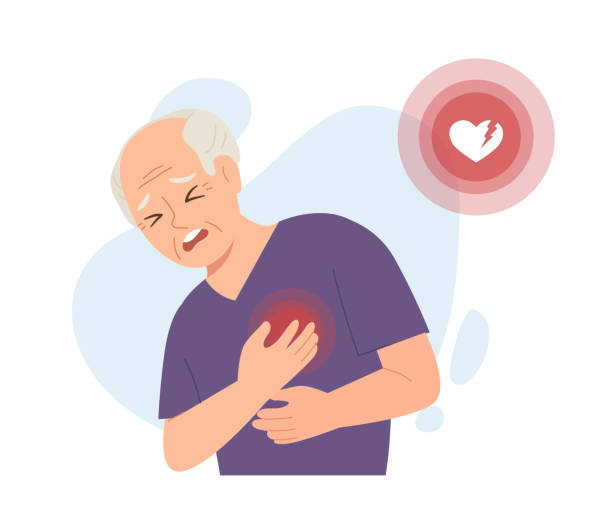
Because broken heart syndrome has symptoms like those of a heart attack, you may think you’re having one. Both conditions cause shortness of breath and chest pain. But with broken heart syndrome, you don’t have blocked coronary arteries and typically don’t have permanent heart damage. And you usually make a fast and full recovery.
What causes broken heart syndrome?

The precise cause of broken heart syndrome isn’t known, but experts think that surging stress hormones (for example, adrenaline) essentially “stun” the heart, triggering changes in heart muscle cells or coronary blood vessels (or both) that prevent the left ventricle from contracting effectively.
Some causes of broken heart syndrome include:
- sudden drop in blood pressure
- serious illness, surgery, or medical procedure (e.g., cardiac stress test)
- severe pain
- domestic violence
- asthma attack
- receiving bad news (such as a diagnosis of cancer)
- car or other accident
- unexpected loss, illness, or injury of a close relative, friend, or pet
- fierce argument
- financial loss
- intense fear
- public speaking
- a surprise party or other sudden surprise.
Can you die from broken-heart syndrome?
:max_bytes(150000):strip_icc()/VWH-JulieBang-BrokenHeartSyndrome-NoText-4000x2700-d3e302e0b7cf46e0a9aa3c3135bcd417.png)
Most of the abnormalities in systolic function and ventricle wall movement seen in broken-heart syndrome clear up in one to four weeks. Most individuals who experience it recover fully within two months and are at low risk for it happening again.
However, some people continue to have persistent signs consistent with heart failure. In rare cases, broken heart syndrome can be fatal.
Symptoms And Triggers
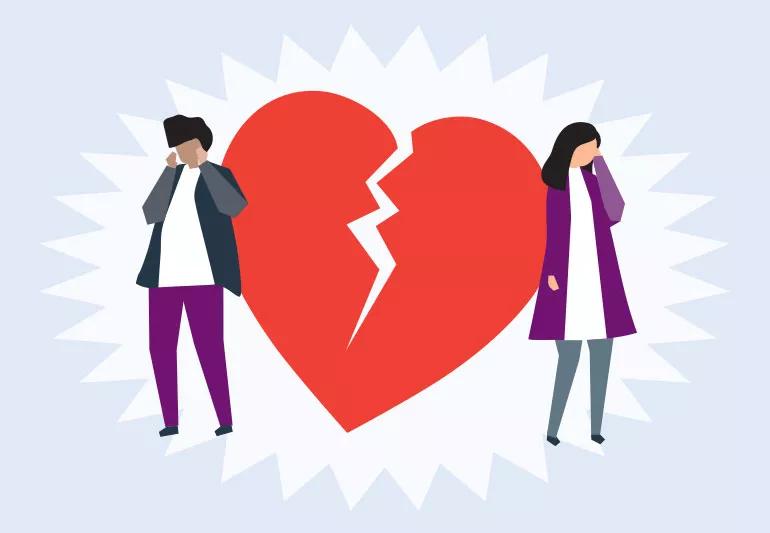
The most common signs are chest pain and shortness of breath. You may feel like you are having a heart attack. If you feel that way, call 911.
You may also have:
- Dizziness
- Sweating
- Fainting
- Irregular heartbeat
- Low blood pressure
Usually, symptoms start anywhere up to a few hours after you’ve had stress or a shock.
Broken heart syndrome can be triggered by stressful emotional events, whether good or bad, such as:
- Grief from the death of a loved one or pet
- Loss of a relationship, job, or money
- Intense fear
- Extreme anger
- Surprises, such as surprise parties or winning the lottery
It can also be triggered by physical stress, such as:
- A car accident
- Major surgery
- A serious illness
- Health issues such as asthma, seizure, stroke, high fever, low blood sugar, or excess blood loss
It’s rare, but some medicines can also cause broken heart syndrome, such as:
- Emergency medicines to treat severe asthma attacks or allergic reactions
- Some anxiety medications and decongestants (used to treat a stuffy nose)
- Illegal stimulant drugs like cocaine and methamphetamine
Diagnosis

Broken heart syndrome is often diagnosed in an emergency or hospital setting because symptoms mimic those of a heart attack.
To diagnose broken heart syndrome, a healthcare professional examines you and asks questions about your symptoms and medical history. You may be asked if you’ve had any major stresses recently, such as the death of a loved one.
People who have broken heart syndrome usually don’t have any heart disease symptoms before the condition is diagnosed.
Tests to help diagnose broken heart syndrome include:
- Blood tests. People who have broken heart syndrome often have higher levels of substances called cardiac enzymes in the blood.
- Electrocardiogram (ECG or EKG). This quick test measures the electrical activity of the heart. Sticky patches called electrodes are placed on the chest and sometimes the arms and legs. Wires connect the electrodes to a computer, which shows the test results.
An ECG shows how fast or how slow the heart is beating. ECG results for broken heart syndrome look different from those for a heart attack.
- Coronary angiogram. This test checks for blockages in the heart arteries. It’s done to rule out a heart attack. People with broken heart syndrome often don’t have any blockages. A doctor inserts a long, thin flexible tube called a catheter into a blood vessel, usually in the groin or wrist. It’s guided to the heart. Dye flows through the catheter to arteries in the heart. The dye helps the arteries show up more clearly on X-ray images and video.
Once it’s clear that you’re not having a heart attack, your doctor checks to see if your symptoms are caused by broken heart syndrome.
- Echocardiogram. This test uses sound waves to create pictures of the beating heart. It shows how blood flows through the heart and heart valves. It can see if the heart is enlarged or has an unusual shape. These changes may be due to broken heart syndrome.
- Cardiac MRI. This test uses magnetic fields and radio waves to create detailed images of the heart.
How is broken heart syndrome treated?
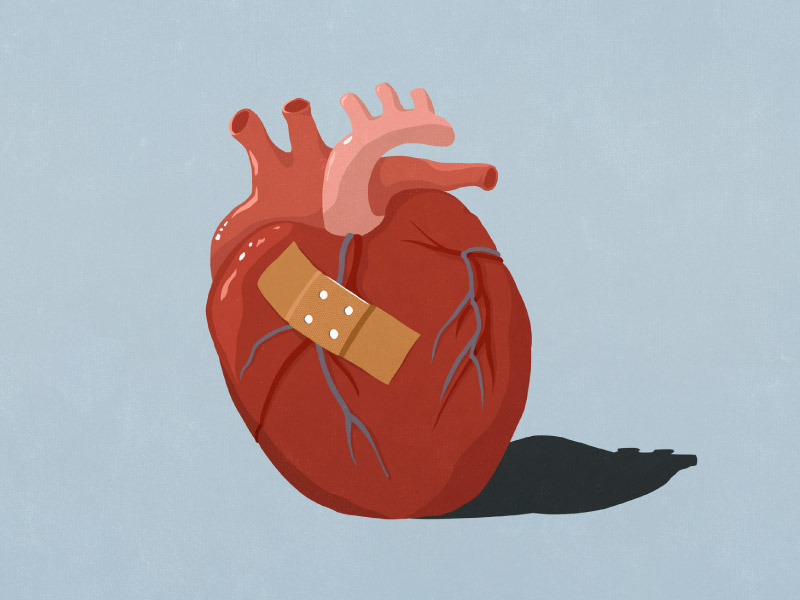
There is no specific treatment for broken-heart syndrome. It depends on the severity of symptoms, and whether the person has low blood pressure or evidence of fluid backing up into the lungs. Clinicians often recommend standard heart failure medications such as beta blockers, ACE inhibitors, and diuretics (water pills). They may give aspirin to patients who also have atherosclerosis (plaque buildup in the arterial walls).
Although there’s little evidence on long-term therapy, beta blockers (or combined alpha and beta blockers) may be continued indefinitely to help prevent recurrence by reducing the effects of adrenaline and other stress hormones. It’s also important to work on reducing any stress that may have played a role in triggering the disorde








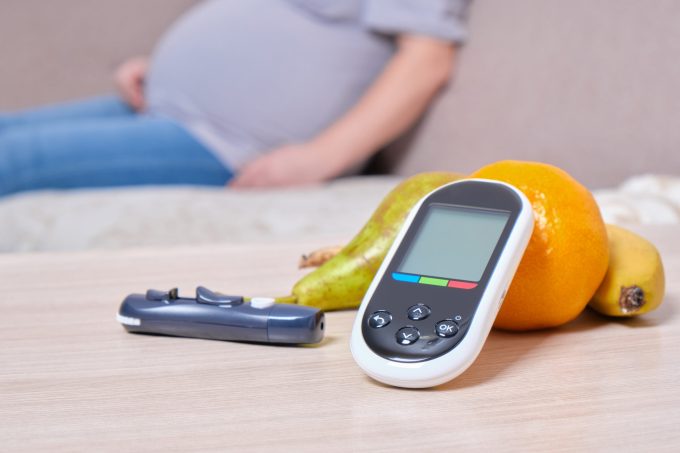

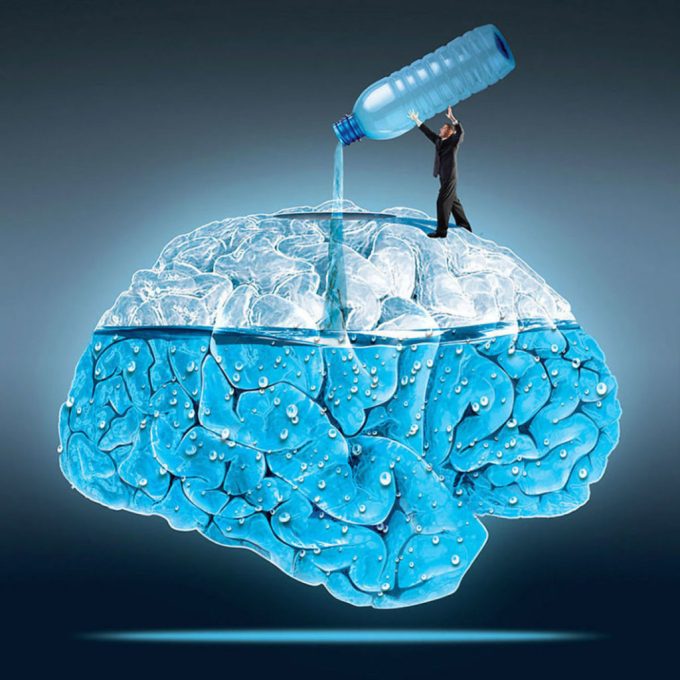



Leave a comment